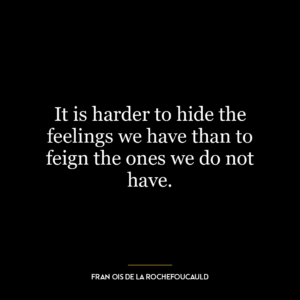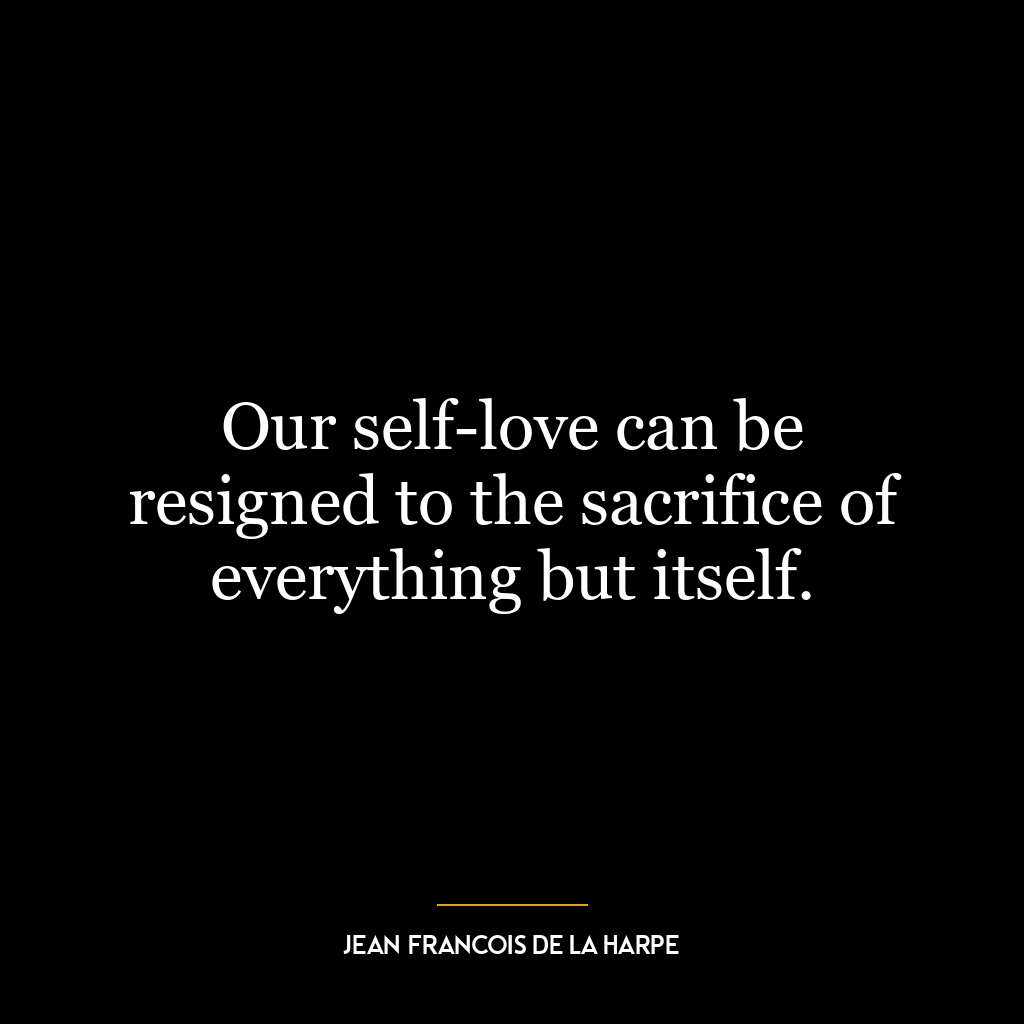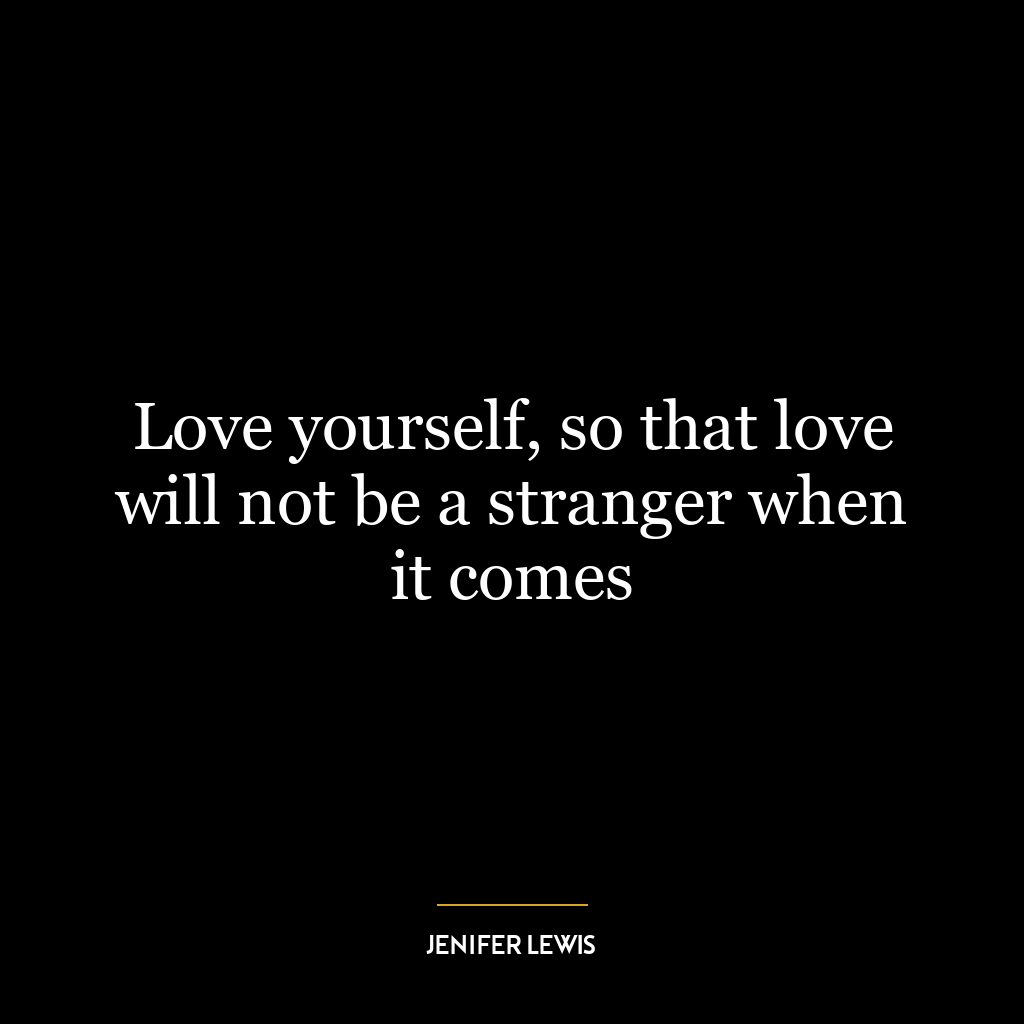Our self-love can less bear to have our tastes than our opinions condemned.
This quote suggests that we are more sensitive to criticism about our personal tastes – such as our style, hobbies, or preferences – than we are about our beliefs or opinions. This is because our tastes are often more intimately connected to our sense of self and identity, making them more personal and thus more vulnerable to criticism. On the other hand, our opinions are often formed based on external influences, such as education or societal norms, and are therefore somewhat removed from our core self.
In essence, the quote is highlighting the human tendency to protect our personal identity. It underscores how we often take criticism of our tastes more personally because they are a reflection of who we are at our core, not just what we think or believe.
In today’s world, this idea can be seen in the way we interact on social media. For instance, people often feel more hurt when someone criticizes their favorite music, fashion style, or lifestyle choices, compared to when someone disagrees with their political or social views. This is because these tastes are seen as a personal expression of who they are, while their opinions are seen as more malleable and subject to change.
In terms of personal development, this quote can serve as a reminder to be more aware of our reactions to criticism. It can help us understand why we may feel more hurt by certain types of criticism, and guide us towards becoming more resilient. It also encourages us to be more respectful and considerate when commenting on other people’s tastes, as they are often deeply personal and tied to their identity. Understanding this can lead to more empathetic and respectful interactions.















